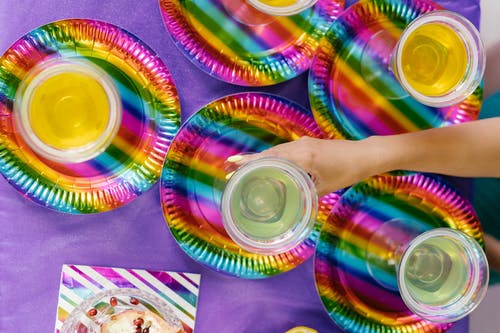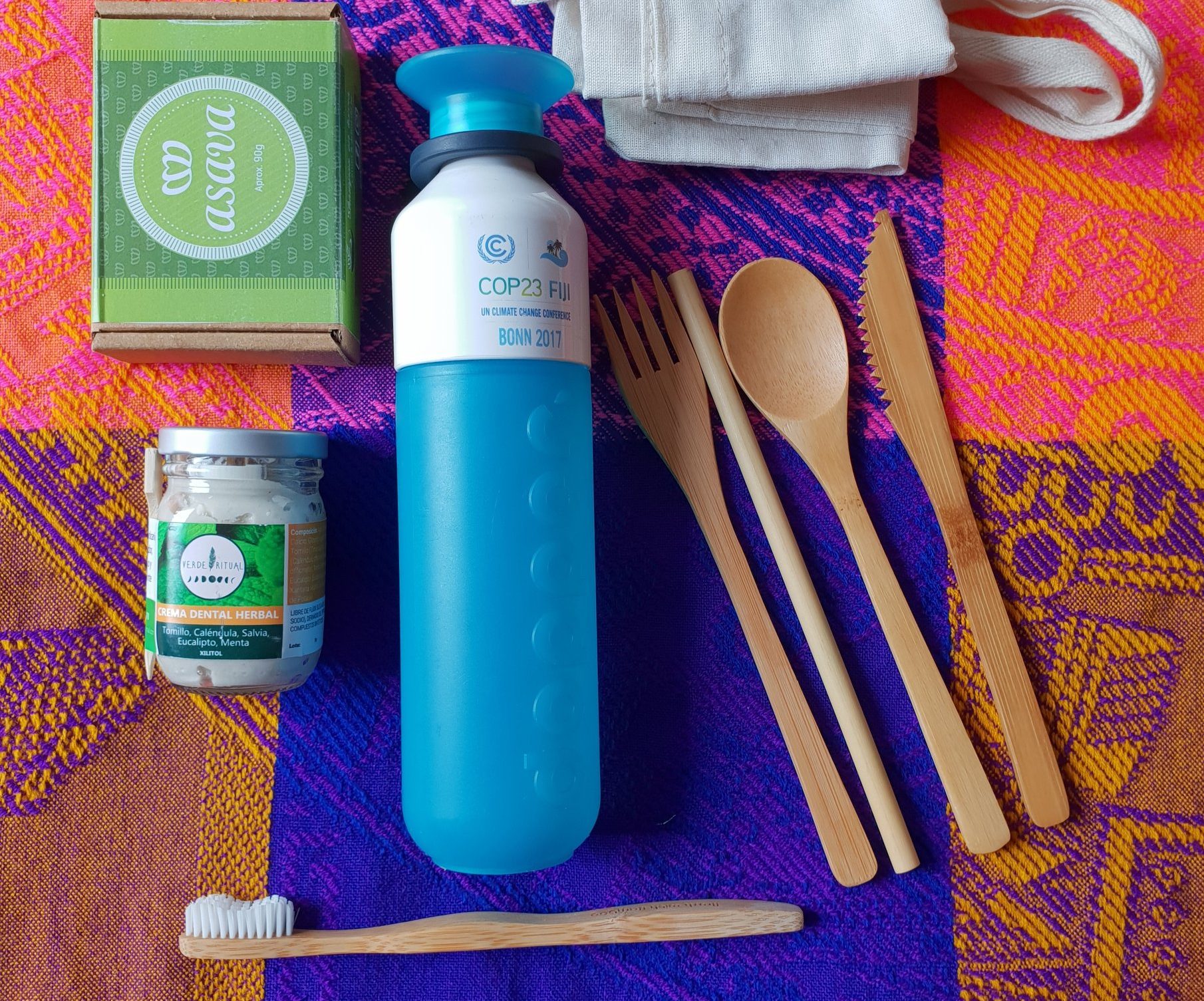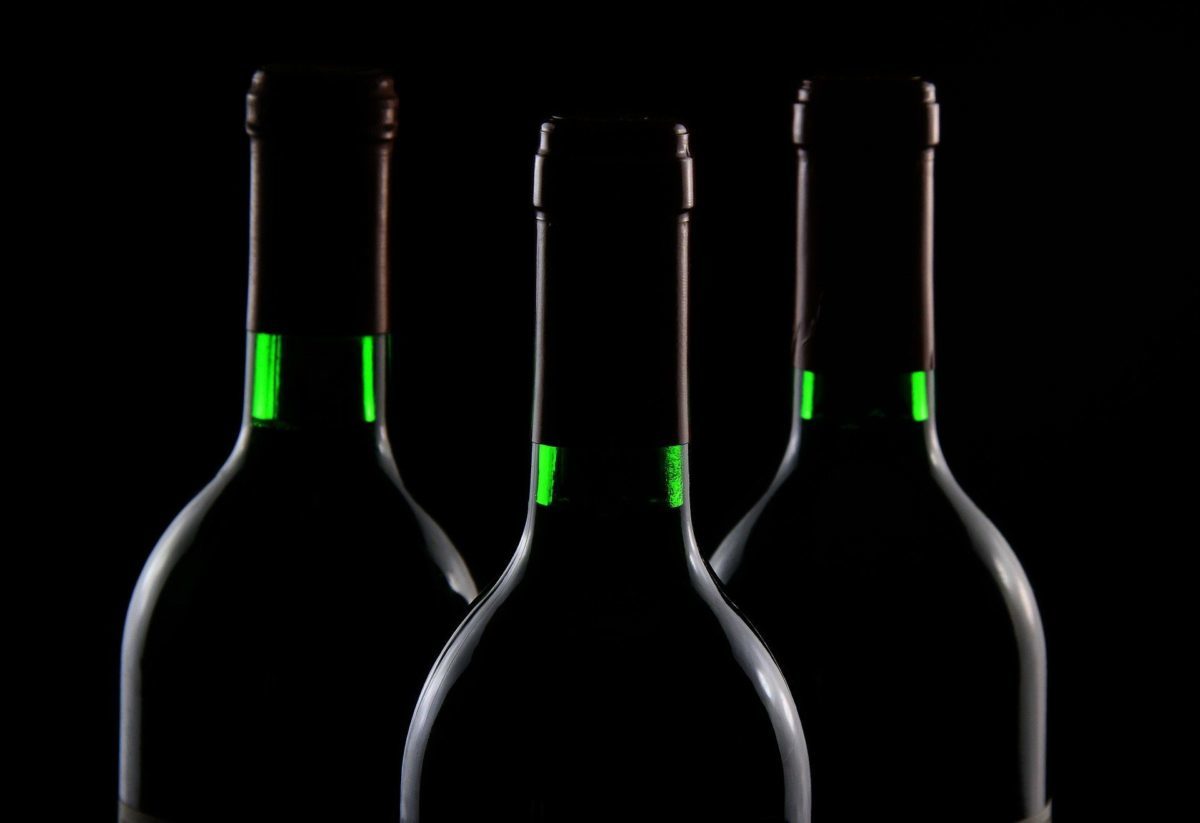Lo biodegradable It has become the best alternative to the disappearance of single-use plastic products. The bamboo cutlery They have replaced the much-used plastic knives and forks. But ... do not give you a pig for a hare! Many manufacturers offer green products on their labels that are not really green. Do you want to know why they can be harmful to you? And what to do so that they don't fool you? Next, we explain everything you need to know to contribute to the environment and advocate for your health
The danger of plastic in bamboo cutlery
The one who made the law cheated is not new news. And it is that, before the regulations of the European Union, of the disposal of everyday plastics, manufacturers have begun to disguise their components. These use the bamboo fiber to label items as recyclable. First lie, since what they make is a plastic combination to which they add small fragments of bamboo fibers. Thus losing all the denomination of biodegradable or organic.
This process is repeated a lot in bamboo cutlery that have emerged as the replacement most remarkable. Ignoring the false "ecological" packaging, it turns out that this mixture can lead to large intoxications. Because this plant contains melanin y formaldehyde. Two substances that can affect the body and cause poisoning. As has been proven in more than fifty cases.

The Organization of Consumers and Users (OCU) has warned of the current marketing of these products. Products that the European Union (EU) has also banned.
What elements does the European Union allow to use?
As we can see on the OCU website, the only plant additive allowed by the European Union is the shell of sunflower seeds.
The use of bamboo is legitimate if its content reaches 100%. That is, in composite products solely by bamboo fiber unmodified. In such a way that it does not mix with the plastic. Mixed work between plastics and other fibers such as coffee, corn or wheat is also not allowed. Much more reprehensible is the use of these combinations in the manufacture of plates, glasses or cutlery.
OCU alerts
The OCU warns about the sale of toxic products. Consequences of the union of plastic elements and vegetable fibers for the manufacture of various articles. Under the label of "ecological", "biodegradable" or "organic" many shops, both physical and online, distribute these types of utensils. Like the supposedly bamboo covered ones. We remind you that they are dangerously harmful for your health if they are not made with 100% plant component.
In addition, the organization has manifested on the application of these badges and has explained that they are “Allegations that are also usually false (except those that are certified), since they are products made basically from plastic. Another common characteristic to be able to identify them is the presence of the word bamboo in the labeling or advertising, used as a hook as it is a term that is attractive to consumers ”.

Given this, he recommends get rid of any product you have at home. In the event that you have just purchased it, try to return it and request a refund of the price. If you plan to buy organic products, pay close attention to the label. Make sure to check the components several times. However, if you see that the dispatch is continuing, the OCU encourages you to report this to the Ministry of Consumer Affairs.
European Union regulation against plastic
Before the massive use of plastic elements for the production and the contamination that these cause. The European Directive established a regulation that prohibited selling disposable plastic products. As are the straws, swabs or cutlery and plates of this material. This came into force on July 3, 2021. However, in Spain it is not yet fully insured. The project of waste law with which this rule could be transposed.
Nature offers us alternatives to #plastic! Potato peel cutlery, milk microplastics, bamboo foam ...
Companies and scientists around the world are working on #Innovative Solutions. Find out about their latest findings: https://t.co/uLdoNCpX9L pic.twitter.com/KHNZxtu5ab
- UN Environment Program (@unep_espanol) November 29, 2018
In conclusion, we find that in the face of this new regulation, merchants are taking advantage. They use adjectives to rate your products that are not real. Furthermore, they are toxic for the population that employs them. Like the labels on bamboo cutlery, actually made mostly of plastics. For this reason, the OCU requests the review of the components, in the packaging before use or purchase.






